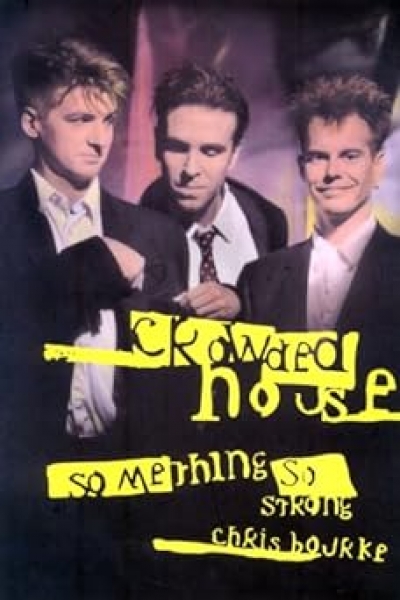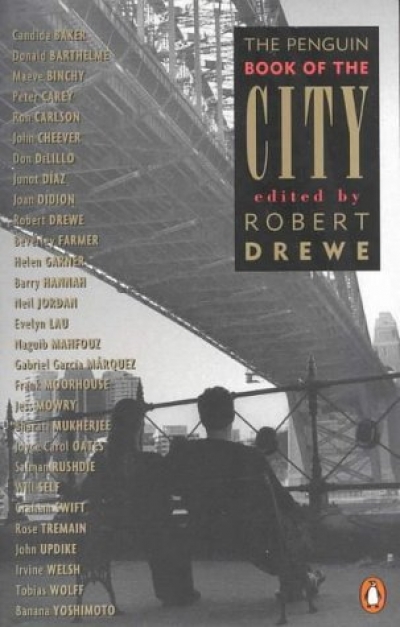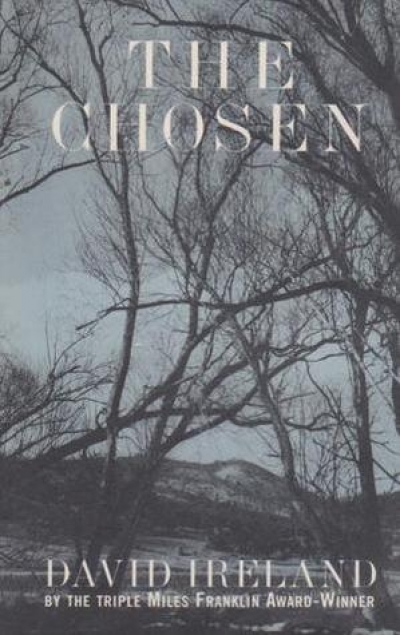Archive
Disreputable Profession: Journalists and journalism in Colonial Australia edited by Denis Cryle
Just what is the difference between a reviewer and a critic? It seems a question of status, based in turn on the frequency and quality of the reviewing. On the other hand, the critic is suggestive of reflective articles and/or books, whereas the reviewer is offering a first reading, a virginal reading so to speak, without the opportunity for prolonged reflection. Nor properly should there be such aftermath reflection, because the review presents itself, by definition, as a first response.
... (read more)The Silence Calling: Australians in Antarctica 1947–97 by Tim Bowden
Like much else about this novel, its title The Chosen is not the relatively straightforward affair it may, at first, appear to be. One assumes for the first hundred pages or so that the ‘chosen’ are those citizens of the small NSW Southern Tablelands town of Lost River who have been chosen by a randomising computer program to have their lives represented in the commemorative tapestry being woven as a civic project along with two other pet Town Council proposals, a new jail and a high-temperature incinerator. It’s a mode that critic Ken Gelder has called ‘dark pastoral’.
... (read more)The Australian film industry got going in the 1970s perhaps just a little before the resurgence of Australian publishing and perhaps for that reason there has been less interplay between Australian film and Australian writing than there might have been. Patrick White raged and roared about the prospect of Joseph Losey and Max Von Sydow making a film of Voss, but that was the tormenting hope of a more colonial dispensation. There have been bearable films of modern Australian classics like Stead’s For Love Alone and more or less shocking films of such nearly contemporary classics as Monkey Grip (a real monster despite Noni Hazelhurst and Alice Garner as child star doing their best) and, more recently, Lilian’s Story with Ruth Cracknell badly miscast. Cases like Fred Schepisi’s lean, pungent version of Keneally’s The Chant of Jimmie Blacksmith are rarer than they should be though it is encouraging to hear that Mel Gibson owns the rights to My Brother Jack and intends making a film of it one of these days.
... (read more)









